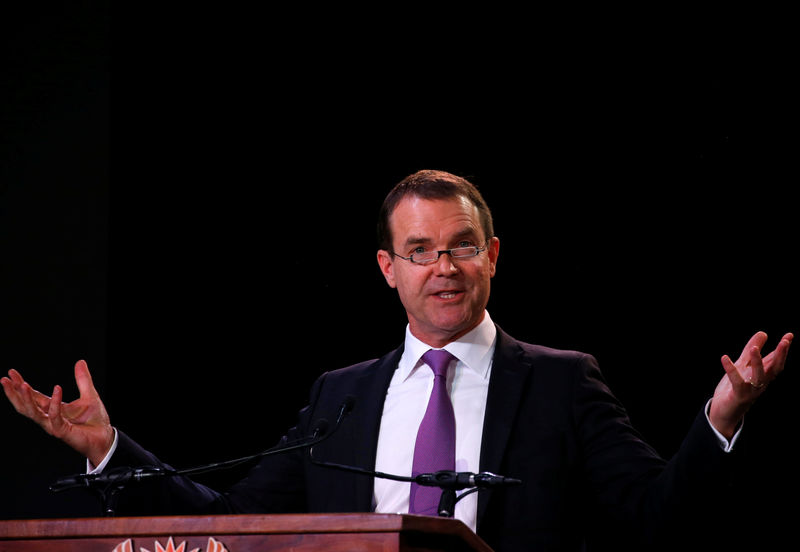By Ed Stoddard
JOHANNESBURG (Reuters) - Swaziland faces a struggle to get permission to sell 330 kg rhino horn for about $10 million from a U.N. conference on the global wildlife trade which began in Johannesburg on Saturday but hopes to stoke a debate about regulated trade.
The African Kingdom of Swaziland, a poor, landlocked African country that is home to elephants, rhinos and other big animals, wants to use the money earned to pay for the conservation of its wildlife, a key tourism earner.
However, the global sale of rhino horn has been banned since the late 1970s and Swaziland's proposal requires the support of two thirds of member states of the United Nations' Convention on International Trade in Endangered Species (CITES).
"I don't think we have a hope in hell. But we've at least opened the debate," Ted Reilly, the chief executive of Swaziland's Big Game Parks, told Reuters.
The CITES meeting comes against the backdrop of a surge in elephant and rhino poaching in Africa, lending a sense of urgency to this round of wildlife diplomacy.
Rhino horn is highly coveted in fast-growing Asian economies such as Vietnam, where it has been used for centuries in traditional medicines. But that demand is driving an illegal trade that has seen thousands of rhinos poached the past decade.
Opponents of opening up the trade argue it could lead to more poaching by criminals.
Supporters of a regulated trade say it could stem poaching by bringing legal supplies directly to the source of demand while raising funds to protect the animal. Rhino horn can be harvested without killing the animal as it grows back.
CITES is a global agreement among governments that regulates trade in wild flora and fauna or products derived from them with an aim to ensuring their survival. Over 180 countries are signatories.
Other initiatives which will stir controversy include proposals by Namibia and Zimbabwe to lift a global ban on ivory sales so they can sell stockpiles to raise conservation funds.
The conference, which runs until Oct. 5, will also consider proposals to provide more protection to ray and shark species.
"Sharks are in global crisis and there is a complete lack of management framework internationally and domestically around the world to protect them," said Luke Warwick, project director for global shark conservation at the Pew Charitable Trusts.
Added protection is also being sought for several species of pangolin, small, scaly animals found in Africa and Asia whose scales and meat are prized for their supposed medicinal value.
